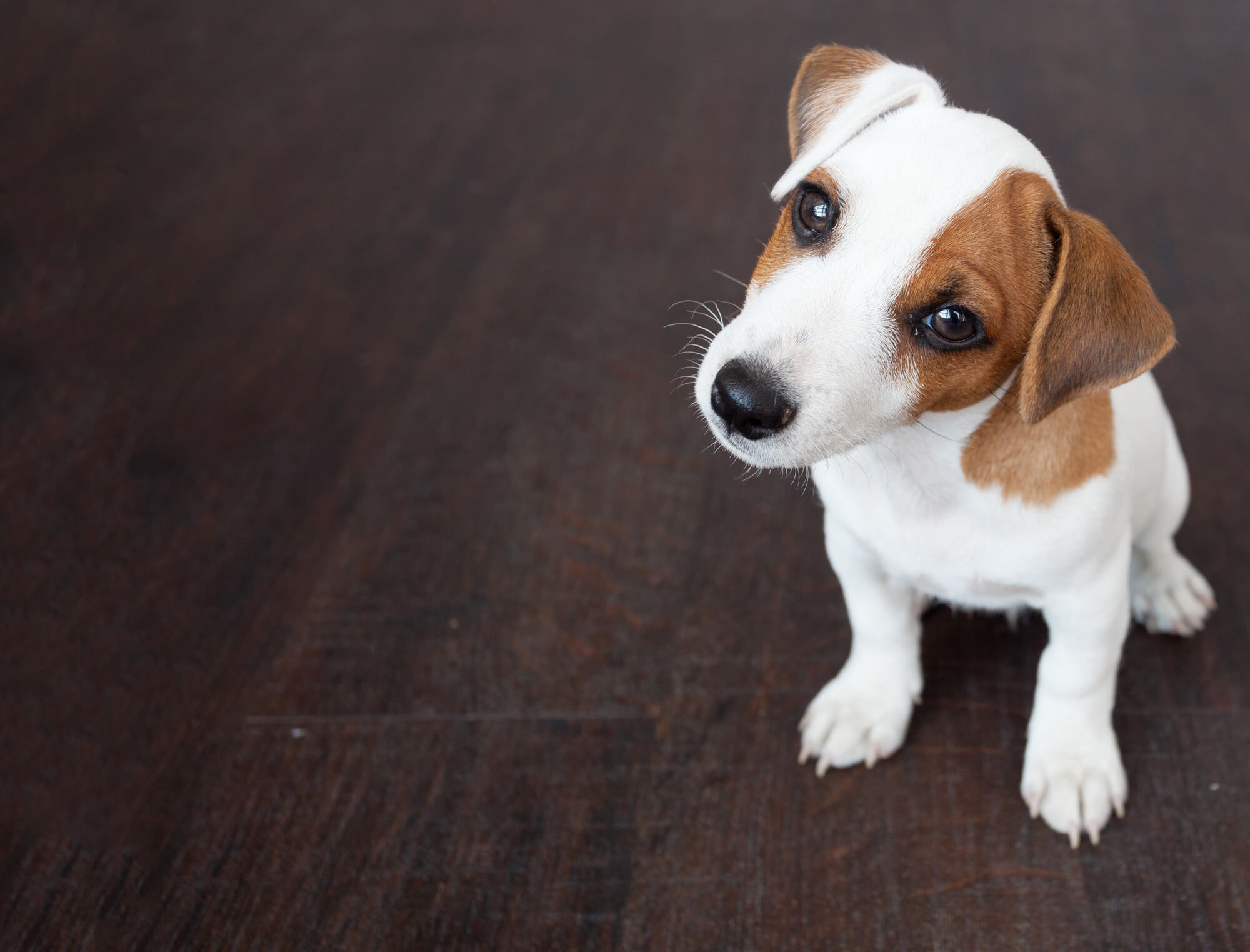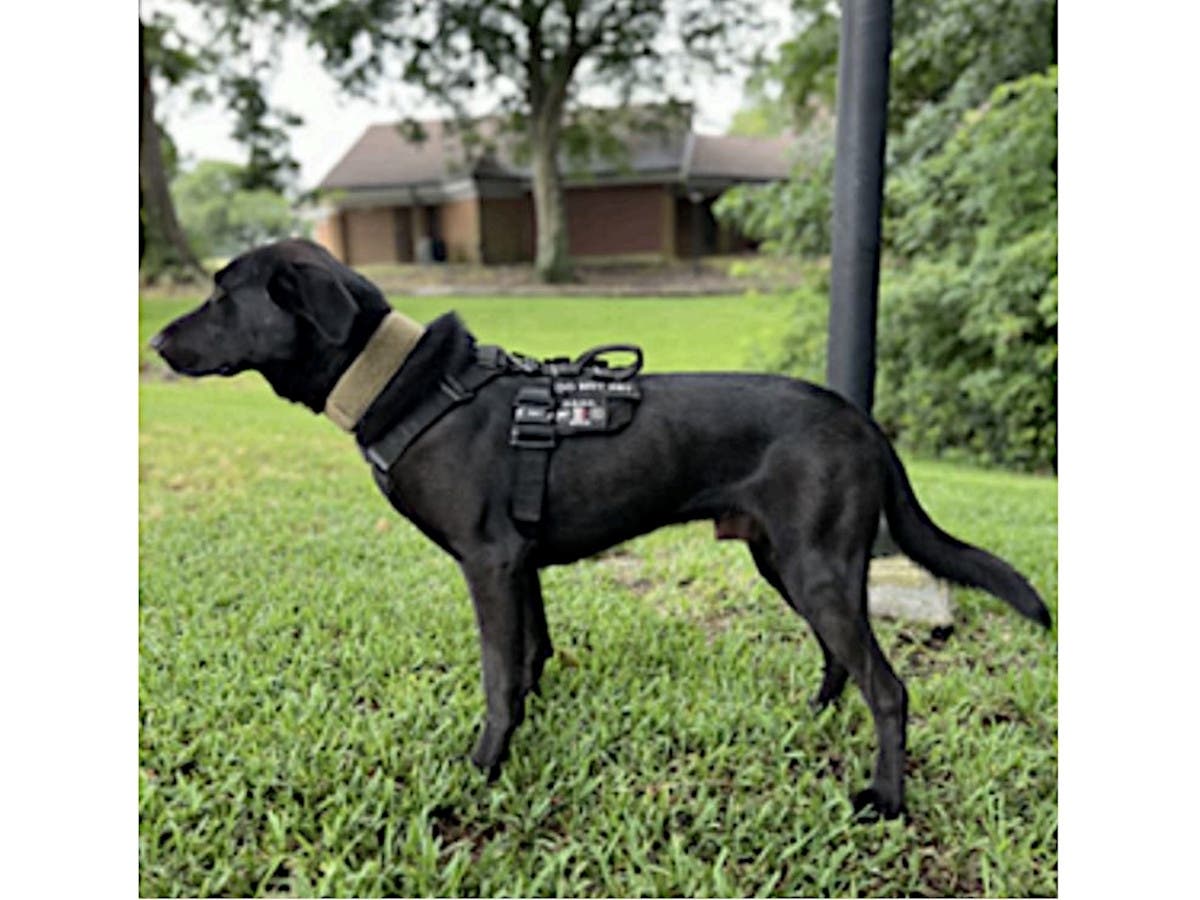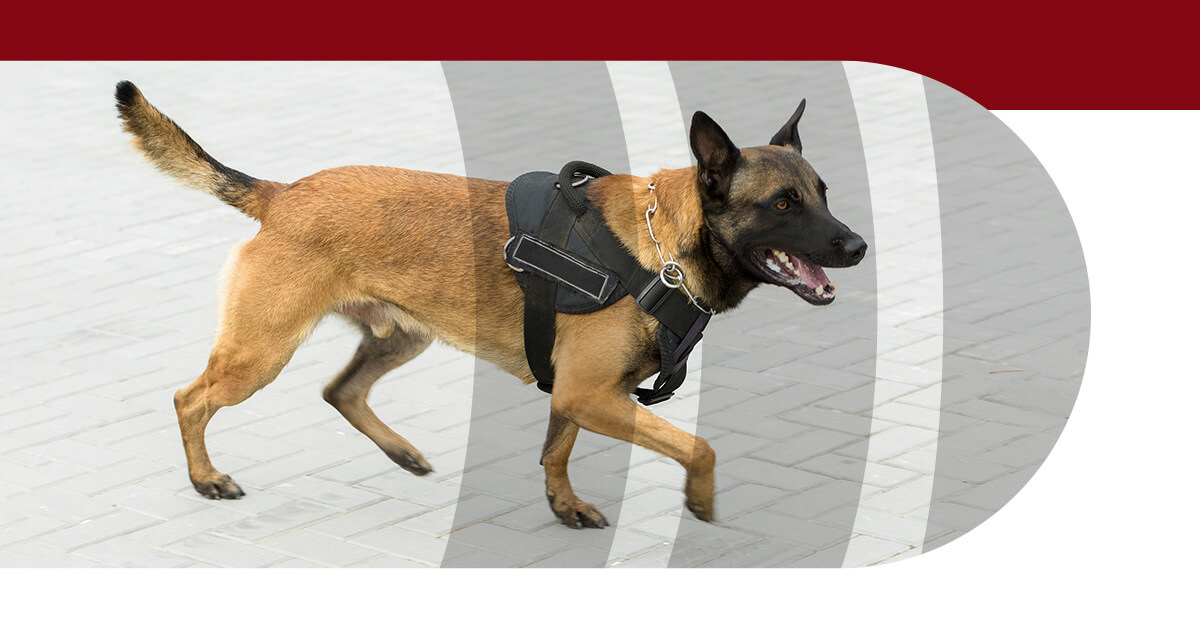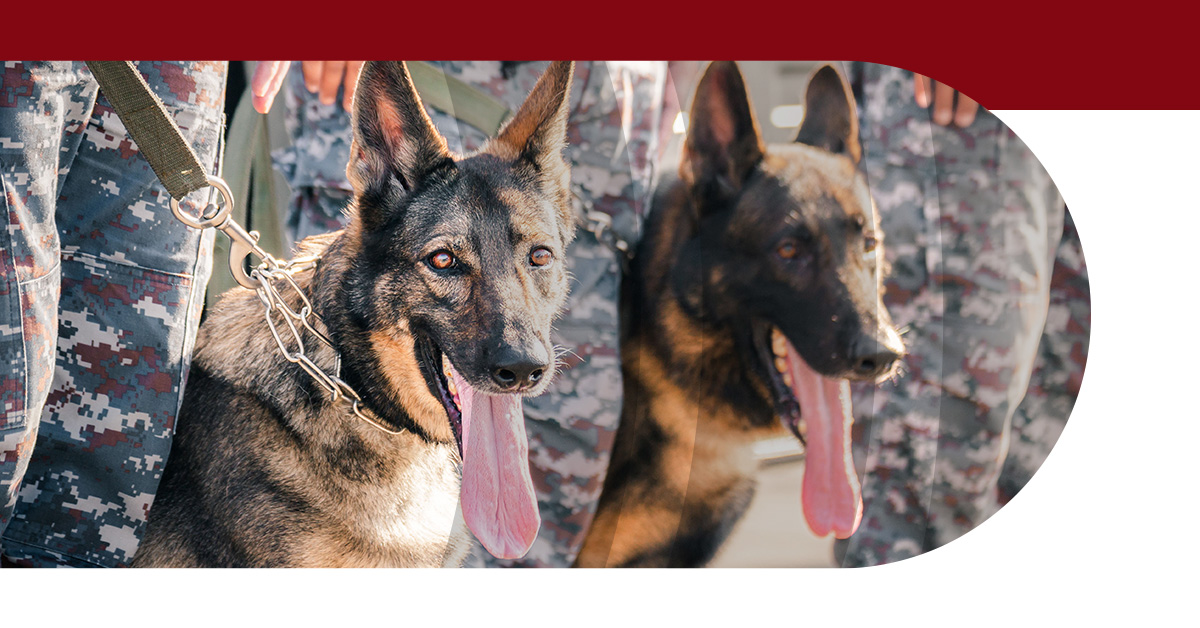News
Can a Protection Dog Act as a Family Pet?

There are two ways the media portrays dogs. One is 'man's best friend,' a beloved family pet who just wants to play fetch and get tummy rubs.
The other is an angry, snarling monster. It's Cujo, or the old trope of the so-called junkyard dog.
When you think of a protection dog, your mind probably jumps to the latter idea: a vicious creature that will tear apart any intruder. That view simply doesn't do justice to protection dogs, though.
While you might expect a protection dog to be less loving or safe than an average dog, nothing could be further from the truth. In fact, they make good family pets!
A protection dog can be just as fun and affectionate as any other dog, while also helping keep their family safe. Read on to see the benefits of a protection dog and how they can fit into your family.
Protection Dog Breeds
There are certain dog breeds that are naturally suited for protection. Some of the most famous include German Shepherds, Doberman Pinschers, and Rottweilers.
Your dog's breed matters because different breeds often have different temperaments. This, in turn, affects how they respond to situations.
Look at German Shepherds, for example. The American Kennel Club lists their temperament as confident, courageous, and smart. Those all sound like positive qualities for a protection dog, right?
A confident dog won't waver in the face of an unknown threat. A courageous dog won't back down from an intruder. And, of course, a smart dog will have an easier time learning and responding to commands.
The physicality of certain breeds also makes them better choices for a protection dog role.
The Cane Corso is another popular breed of protection dog, and it's easy to see why: they're enormous! Corsos are large, athletic, and well-built. They have an intimidating presence on top of their physical prowess.
Even their bark can be frightening to intruders!
What's important to remember is that the traits that make good guard dogs can also make for good family pets. Look again at the German Shepherd: confident, courageous, smart. Who wouldn't want a dog like that?
Akitas are another great example. They're valued as guard dogs, but they're also known to be playful and loving toward their owners.
The Proper Training
While breed plays a large role in a dog's aptitude for protection, training is even more important. Proper dog training means the difference between a loyal pet and a dangerous animal.
Regardless of the dog, training should start young. By the time a puppy is six weeks old, it's already learning behaviors that it will carry into its adult life.
Dog training is always crucial, but protection dogs need it more than most. They need to be taught protection techniques and, more importantly, when and where to deploy them.
Much of the stigma around protection dogs stems from animals that haven't received proper training. Dogs that are taught attack techniques, but not when to use them or how to obey commands, are obviously dangerous.
A well-trained protection dog poses no threat to you or your family, though. In fact, the benefits of a protection dog can go beyond simple home defense.
With the right training, protection dogs can learn to detect narcotics or other dangerous substances. This adds another layer of protection, alerting you if someone brings something unwanted into your home.
It doesn't stop at narcotics, either. Some dogs are trained to detect other forms of contraband as well. This includes weapons and other dangerous items.
Training is the single most important element of raising a protection dog. As long as your dog receives diligent and professional training, they are completely safe and make wonderful, useful family pets.
The Issue of Dominance
There's one more aspect of living with a protection dog that you need to understand: the idea of dominance. Dominance is an important part of canine psychology.
You've probably heard the term 'alpha male' applied to wolves. It's the biggest male in the pack; the one that all the other wolves listen to. Dogs function in a similar way. They follow a dominant leader.
Many behavioral issues with dogs arise because dog owners aren't asserting their dominance. If your dog believes it's the dominant one in your relationship, it's not going to listen to your commands.
Obviously, a trained protection dog who won't obey you isn't much use. If it won't protect you, or worse, if it incorrectly identifies someone as a threat, the consequences could be dire.
Luckily, you can avoid this by establishing yourself as dominant over the dog. This means quickly and sternly correcting unwanted behavior.
Small things like maintaining eye contact with a dog until it looks away can also reinforce your dominance.
So long as your dog knows you're the boss, you shouldn't have any trouble getting it to obey your commands. An obedient dog makes an ideal family pet!
A Beloved Family Pet
Dogs are one of the most popular pets in the world. From their nickname, 'man's best friend,' to internet memes like Doge, it's clear that dogs are loved the world over.
Despite their reputation for ferocity, there's no reason a protection dog can't be a part of the family.
People from all walks of life have a use for protection dogs. Police use dogs to find narcotics, businesses use guard dogs to keep their property safe, and regular folks use them to protect their families.
None of those jobs mean that a protection dog can't also be fun and loving. In fact, that's a good way to think of it: the dog has a job. Outside that job, they still have their own personality.
Are you completely defined by your job? Of course not! A protection dog shouldn't be, either. They might have a duty to do, but they're still a part of the family.
Protection and Affection
A protection dog's training doesn't prevent it from being a good family pet. It can still be a part of the family, while also keeping that family safe. Living with a protection dog is a blessing in more ways than one!
If you're interested in learning more about protection dogs and the services they can provide, contact us today!











Comments